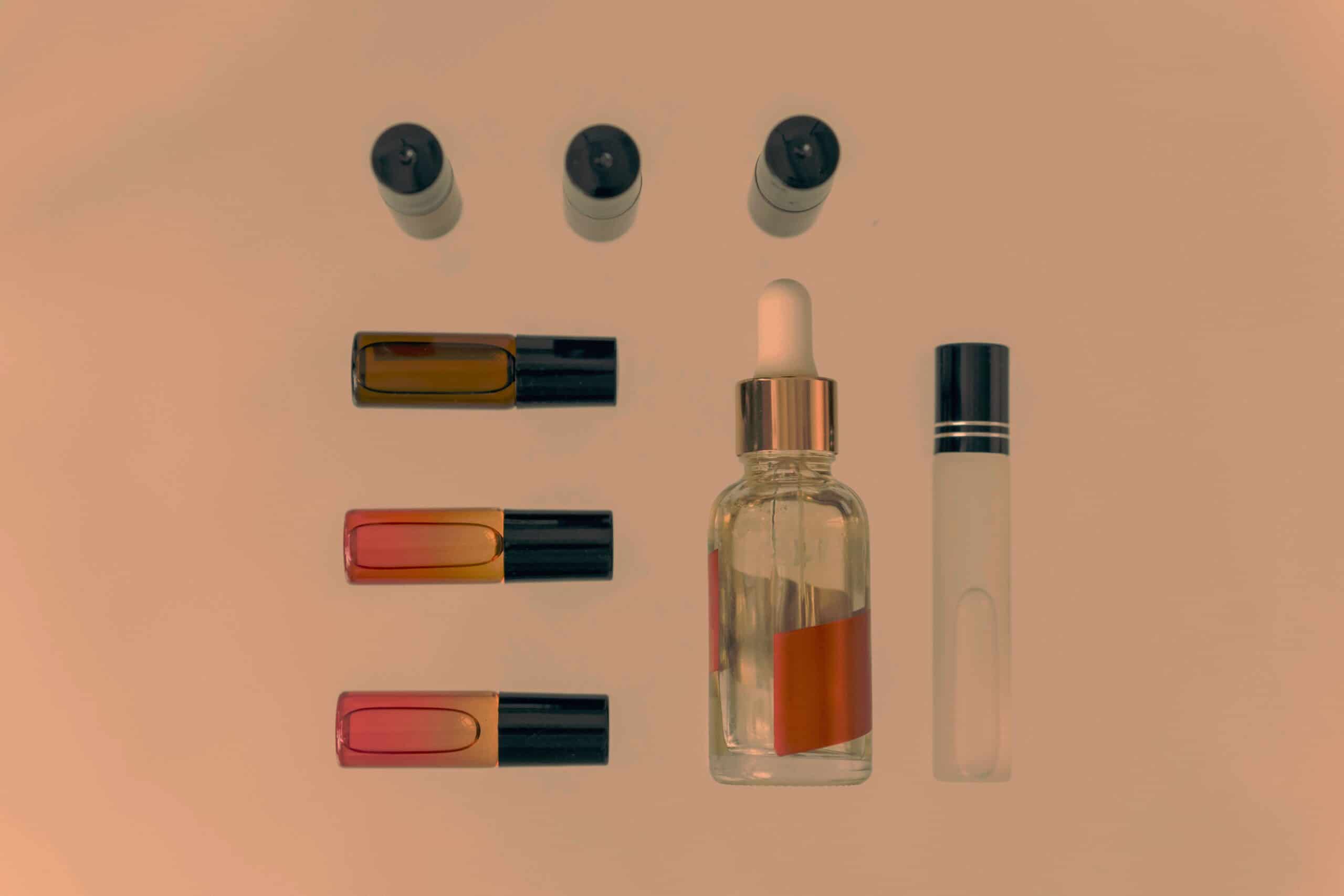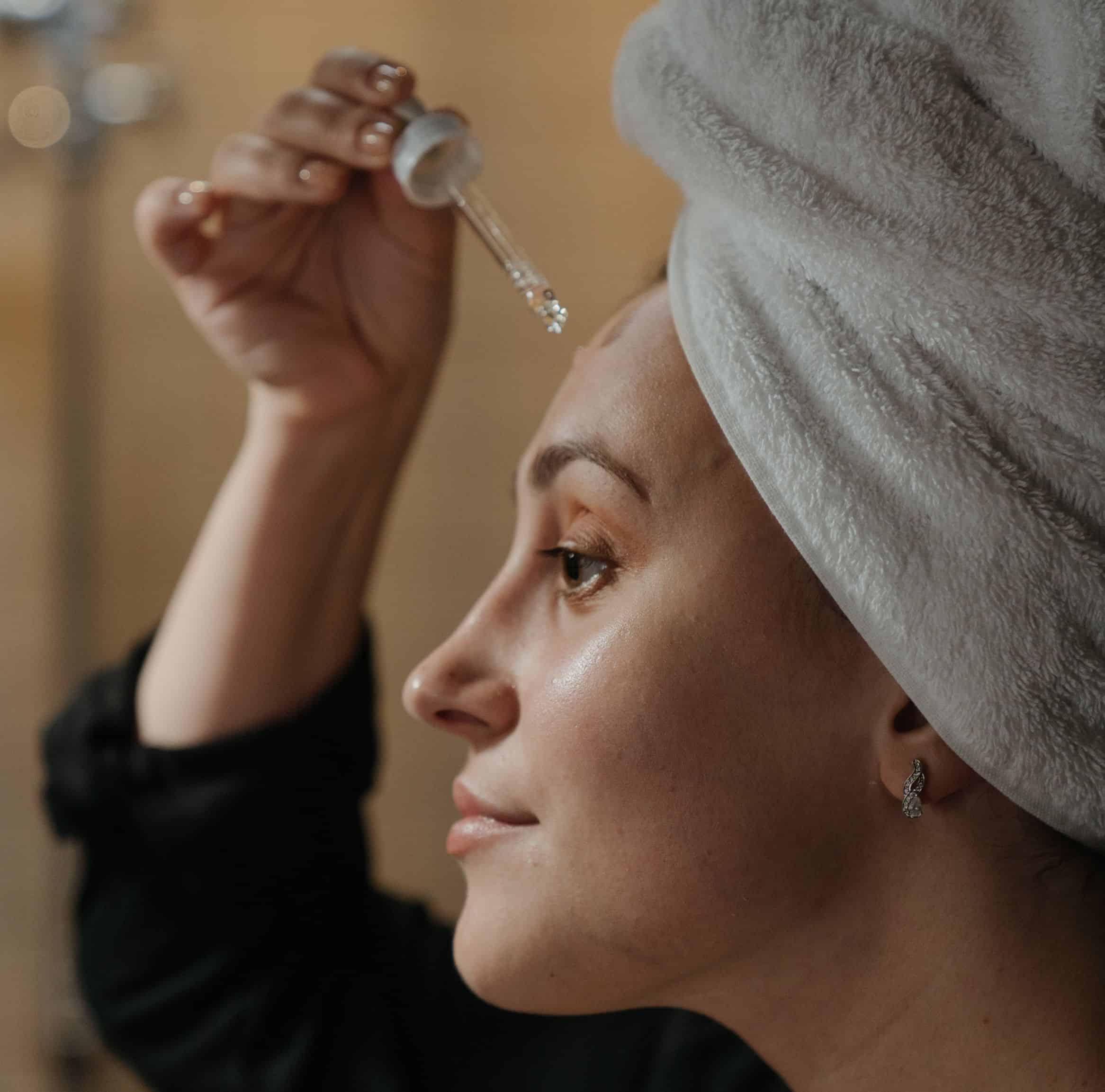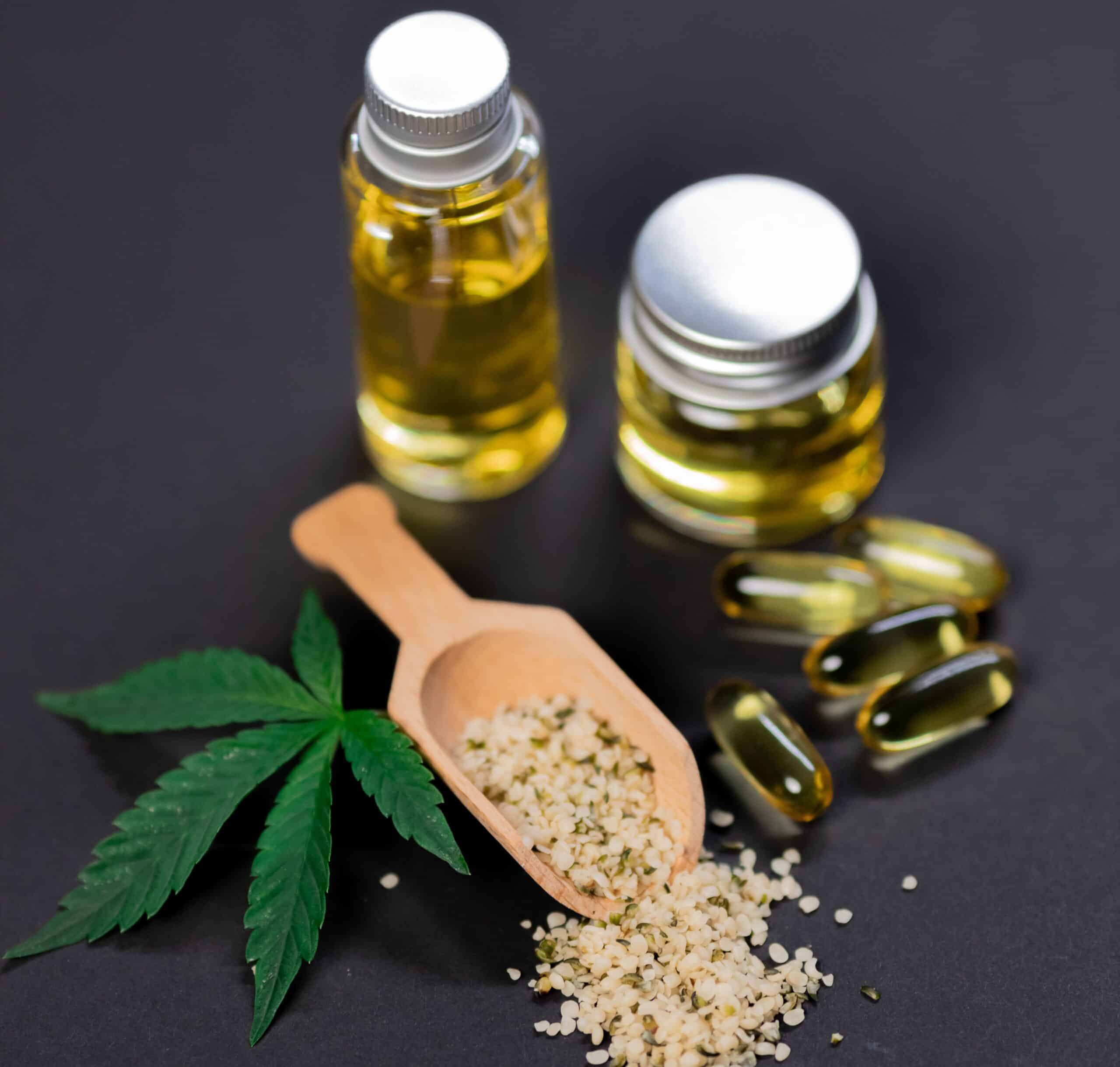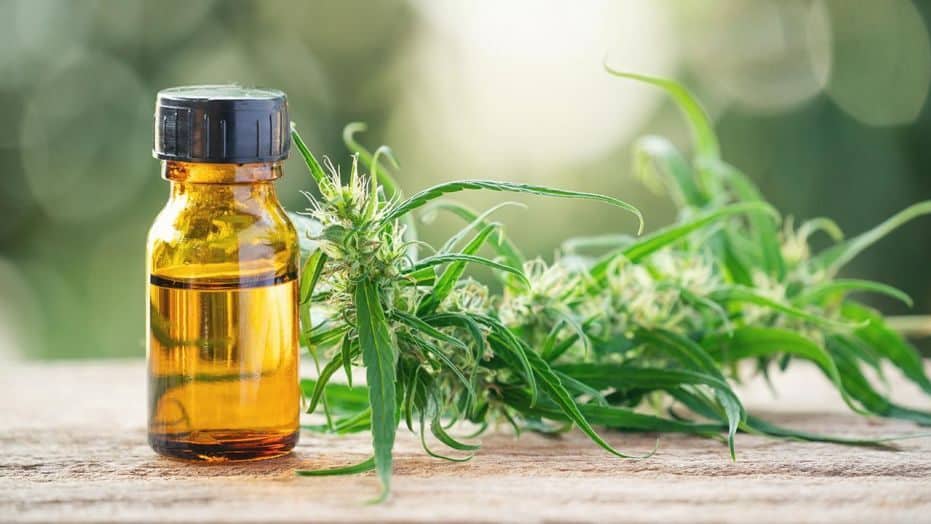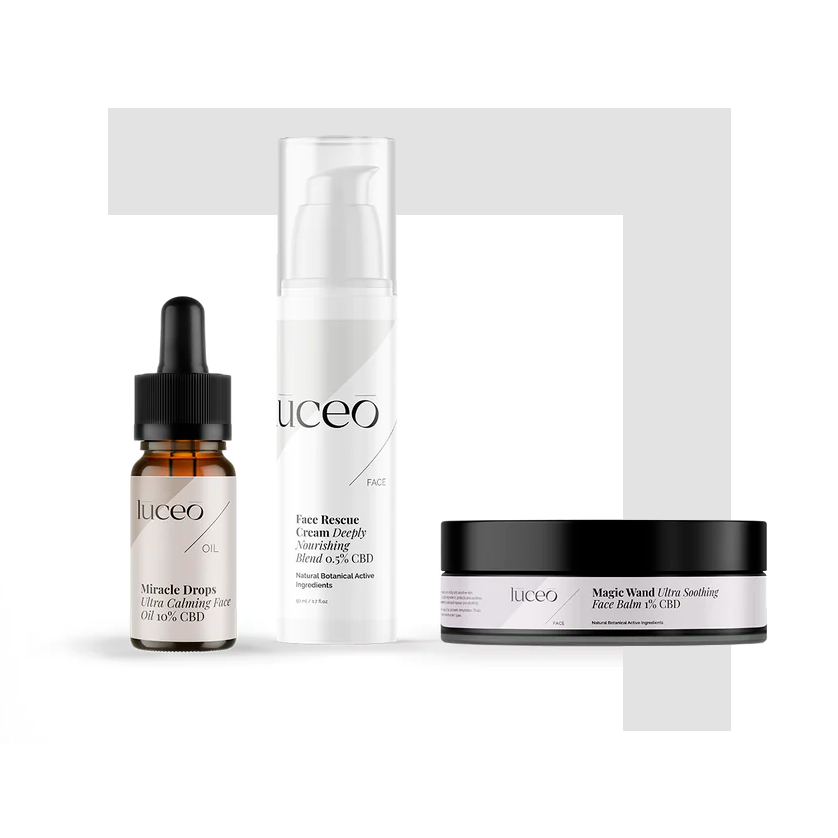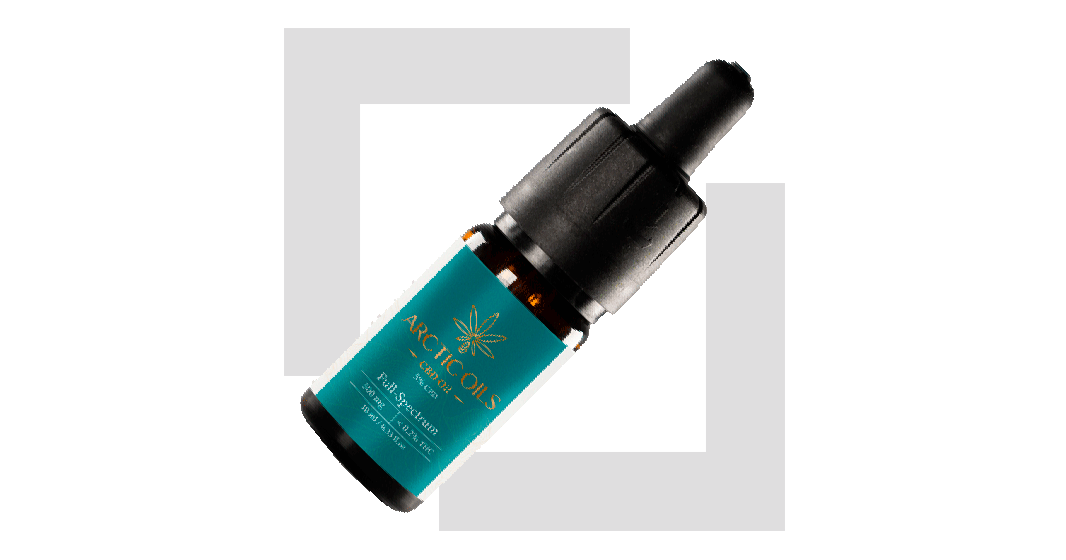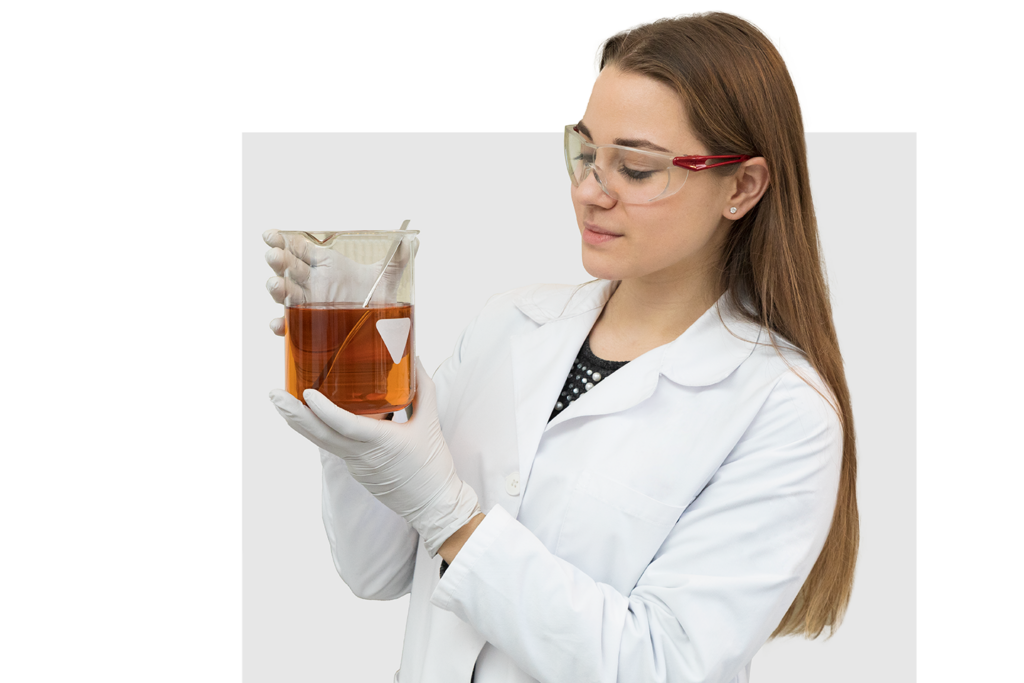The Benefits of CBD For Your Skin Care Routine
CBD (cannabidiol) is added for health supplements, foods, and even various cosmetic products. Although its oral intake is associated with many health benefits, its use in skincare is also becoming popular. CBD can have some amazing benefits for skin care when used regularly.
Here we look at CBD health benefits of skin, CBD for skin problems, and much more. One can also use CBD oil skin care products or moisturizers, lip balms, creams, and other products. We also look here at some of the best CBD skin care products.
CBD Health Benefits for Skin: Some Examples
One of the main questions is why would anyone choose CBD products for skin care over their regular skin care product. Most people will choose CBD skin care products when they want some added benefits from the product. Additionally, people living with some chronic skin disorders may prefer CBD products.
Although CBD is not an approved treatment for skin conditions, it may exert beneficial effects. Thus, such a product may be better for skin health in many cases.
CBD may have many benefits for the skin:
- CBD has antioxidant activity and thus helps neutralize free radicals and protect skin
- CBD may have an anti-aging effect and may also help reduce photodamage to the skin
- CBD has a moisturizing effect
- CBD based cosmetics might exert an antimicrobial effect, and such an effect may be boosted by other components like essential oils and terpenes
- CBD is known to have a sebostatic effect, and thus it may help reduce acne, help those living with oily skin
- CBD can exert an anti-inflammatory effect and thus could be suitable for most common skin conditions like allergies, ectopic dermatitis, and even psoriasis
- CBD has a calming effect on the skin and may help overcome minor irritations
Here it is vital to understand that CBD is not a medication and not intended to treat skin diseases. However, it may offer a range of benefits when added to cosmetic products.
Additionally, regular use of topical CBD may have some systemic effects. This is because some of the CBD applied topically also gets absorbed. Thus, CBD skin care of acne and other CBD skin care benefits are the reason for its widespread use.

CBD For Skin Problems: How Does It Work
As CBD for skin problems is used increasingly, lots of research is going into understanding its mechanism of action. Science has understood some of its benefits.
It took really long for science to understand how cannabis could be good for health. So, despite its use in traditional and folk medicine for thousands of years. However, there is no doubt that the cannabis plant contains numerous cannabinoids, and cannabidiol (CBD) is especially good for health and skin care.
So, how does cannabis work?
Initially, researchers found that many CBD effects were due to a so-called endocannabinoid system. However, since the brain-altering effects of cannabis have been known for a long, researchers thought that the brain is the only organ rich in endocannabinoid receptors.
But now they know that the endocannabinoid system is quite complex. It consists of a network of receptors, substances that modulate these receptors, and various enzymes. Now they also know that there are different types of endocannabinoid receptors, and some are more common in other organs and tissues.
Now science knows that the endocannabinoid (ECS) system is implicated in the benefits of CBD. Thus, it helps prevent cell proliferation, suppress inflammation, alter skin oil production, reduce inflammation, and much more.
White Label CBD Skin Care
Expand your business with pre-formulated CBD products. We unsure quality and safety at the highest levels.
White label CBD cosmetics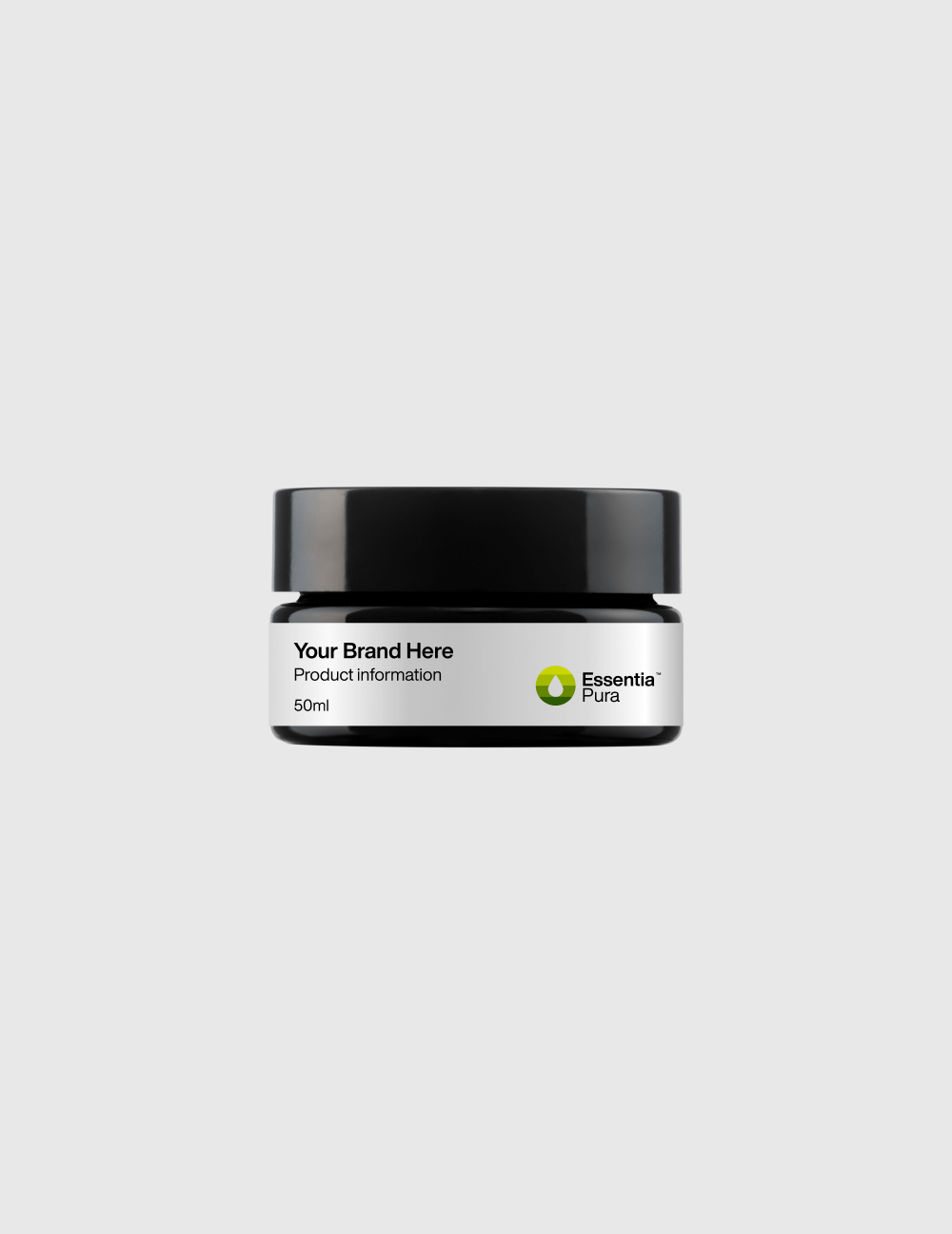
How To Incorporate CBD Into Your Skin Care Routine
CBD is very safe when used topically. It is mild on the skin and does not cause any irritation. On the contrary, it has a soothing action, reduces inflammation, and helps counter skin irritation.
One should understand that CBD is suitable for regular or daily use. Most of its benefits can only be experienced on prolonged and frequent use. It is not a drug or hormone, and thus do not expect effect from its first application. Moreover, due to some regulations and the high cost of CBD, most manufacturers add CBD in their cosmetics only in small (but safe) amounts.
Thus, one should plan to use CBD continually for several months. If one uses CBD products for specific skin conditions like reducing sebum production or managing ectopic dermatitis, then one should apply CBD skin care products at least twice daily. Applying CBD cosmetics in the evening may have a nourishing effect.
Needless to say, when including CBD products in daily routine, it is essential to pay particular attention to other ingredients. CBD is just one of the components of CBD skin care products. There would be generally many other beneficial compounds in any product.

Types of CBD Skin Care Products
CBD products are available for various needs of skin care. Thus, there are products for managing acne, reducing skin aging, photoprotection, moisturizing, anti-wrinkle, sensitive skin, oily skin, and much more.
Most skin care would contain CBD isolate. However, some may use broad-spectrum CBD distillate that may be more beneficial in some instances. The use of full-spectrum CBD with small amounts of THC is rare. It is because THC may be pretty good for certain mood disorders, but it has limited use in skin care.
Private Label CBD Skin Care
With our R&D team, we can develop tailored CBD Skin Care formulations for your needs. There are no limits. Reach out and lets create something special.
Click here for more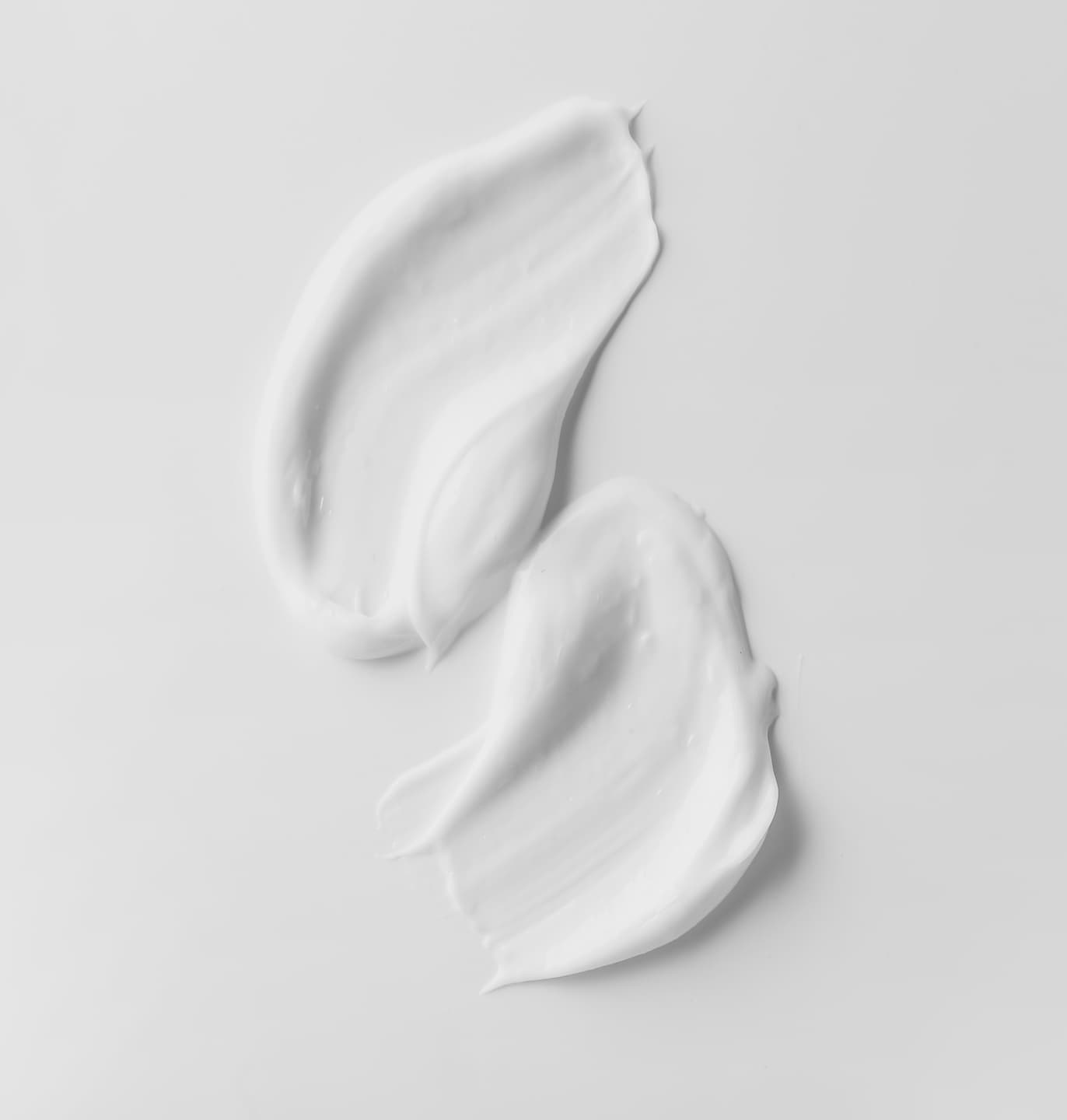
List CBD Skin Care Products Ingredients & Specific Benefits
There are thousands of CBD skin care products for every kind of skin problem. Here we look at some of the products so that readers can better understand what to look for in CBD skin care products.
Happy dance range of CBD skin care products. The company sells moisturizers, hand creams, eye cream, CBD with coconut oil, and much more. Its products often contain avocado oil, full-spectrum hemp extract, herbal extracts for added benefits, terpenes, and essential oils.
Khus + Khus tries to differ from others by focusing quite a bit on Ayurveda along with CBD. Most of their products contain multiple herbal extracts.
Lab to beauty has many products for skin care. They focus considerably on other cannabinoids called CBG (cannabigerol). But, of course, their products contain many other herbals like moringa, jojoba oil, Bulgarian rose extract, and much more.
Lord Jones has a range of products from gumdrops, supplements, skin care products to CBD-infused bath salts. They try to differentiate their product by focusing greatly on packing. Their packaging gives their products a classical look.
Prima focuses significantly on the health benefits of CBD oil. They have CBD soft gel that often contains multiple herbs to relieve stress and boost energy levels. They focus significantly on mood, anxiety, and fatigue, and thus their products contain vitamins, herbs, and adaptogens.
Above are just a few examples of how manufacturers are exploiting the power of CBD to create value-added products. Most manufacturers now understand that selling CBD oils alone would be challenging. Thus, they combine CBD with multiple natural ingredients to create unique offerings. Additionally, many manufacturers are focusing on skin care products.
If you want to know more about the benefits of CBD products or skincare and understand how to get started with the CBD skincare business, contact us.

